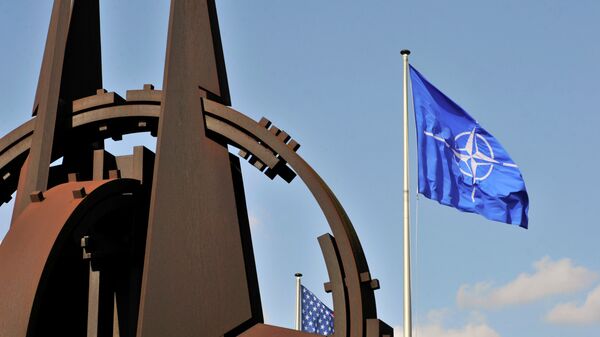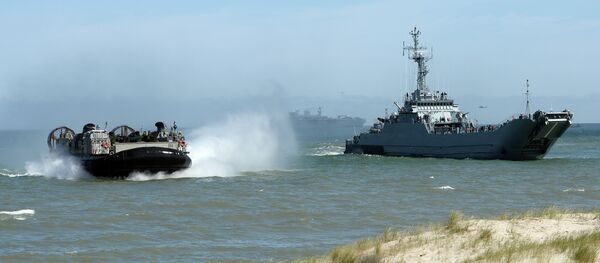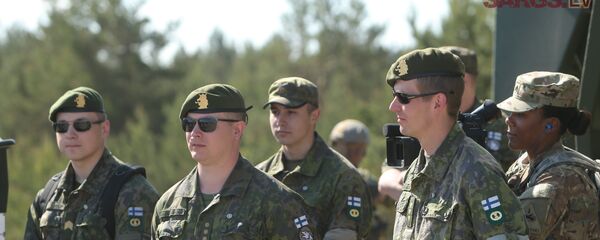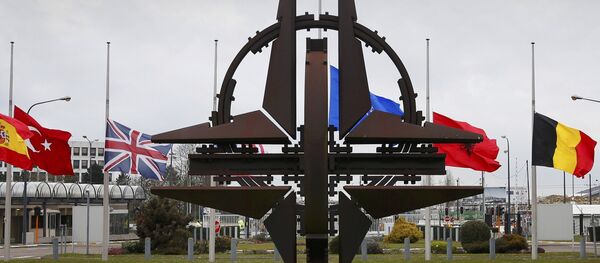In his article titled "Why Russia has NATO on the ropes", Mizokami recalled that defense spending among NATO countries had already been reduced significantly, "with only few countries spending the alliance-recommended 2 percent of GDP on defense."
Last year, Germany spent just 1.2 percent, Italy less than 1 percent, and France 1.8 percent for the purpose, according to him.
"The Achilles' heel of collective self-defense, however, is that when people don't believe in it anymore, it effectively no longer exists. NATO, it seems, has reached that tipping point," Mizokami pointed out.
As an example, he referred to a survey published by the Program for the Future of Europe and the Polish Institute of Public Affairs, which revealed that more than 57 percent of Germans do not back sending the German military to defend other NATO members "such as Poland or the Baltic states."
Only 31 percent of respondents said that Germany should implement its treaty obligations and assist those countries if attacked, according to the survey.
He also said that the report indicates Germans' particular interest in "cooperating with countries to the West" such as the Netherlands and the UK. On the other hand, Germans are less interested in collaborating with countries to the East other than China; these include Poland, the Ukraine, and the Czech Republic, the author said.
"The implication that Germans want to avoid confrontation with Russia is clear," Mizokami pointed out.
He said that while NATO's plummeting defense spending is a "reversible" process, public opinion opposing the alliance's core mission is something that Mizokami said NATO "can't survive."
"NATO's armies, plans, and leadership structures still exist, but without public support for using them, they're a false promise to countries like Poland. NATO is an alliance that, behind the facade, is deeply fractured. It may even be already dead," he concluded.
The alliance constitutes a system of collective defense whereby its member states agree to mutual defense in response to an attack by any external party. NATO's headquarters are located in Belgium, one of the 28 NATO member states. The group's newest states, Albania and Croatia, joined the alliance in April 2009.





